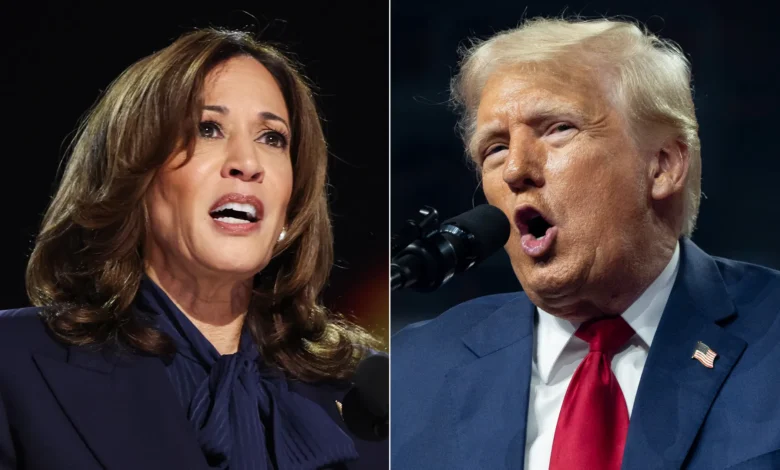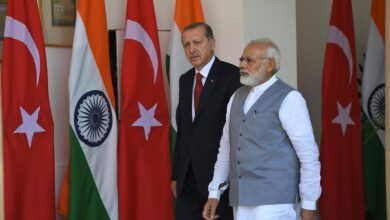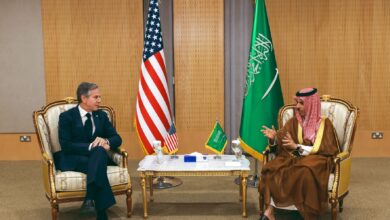Harris and Trump Accept Muted Mics Rule for Upcoming Debate

Kamala Harris and Donald Trump have accepted the rules set by ABC for the presidential debate in Philadelphia. Under these rules, the microphones of the two candidates will be turned off whenever the other candidate is speaking. This ruling ends a controversy between the campaigns, which claimed Sanders had taken advantage of the Black Lives Matter moment by saying the candidate should not speak when it is not his or her time.
First, the Harris campaign advocated for live microphones throughout the discussion, hoping for more fluid interactions between candidates. On the other hand, Trump’s team insisted that their microphones should be scrambled, which the panel did not agree to until Trump’s team won the argument about the rules. ABC’s statement that the microphones will be opened only during each candidate’s speech time served this purpose well.
It will be a 90-minute debate with the participation of ABC anchors David Muir and Linsey Davis; the facade will not allow the spectators to attend it. Each discussion will feature two 30-second commercial interruptions no opening statements, and each candidate will be allowed to give their two-minute closing argument. No props or notes written before or during the event will be permitted, and candidates will have to stand at microphones throughout the event.
ABC will stage the debate without Trump’s favourite host, Jorge Ramos, who Trump once called a sham and refused to talk to the newsman, directing him to call Trump’s private phone number instead. Trump will deliver the final rebuttal statement, having out-coin tossed Clinton to do so. Harris will be seated on the right podium and Trump on the left.
The debate is at the National Constitution Center in Philadelphia, which was chosen for a reason—Pennsylvania is one of the swing states in the election. The two contenders for the top job have been crisscrossing the region in the last few months, considering the electoral college’s importance for the election outcome.
The upcoming face-off between Kamala Harris and Donald Trump is a critical moment in the Presidential campaign, given that Pennsylvania is still one of the most crucial swing states with 19 electoral college votes. The muted microphone rule, which both the campaigns have disagreed on, is considered a form of hope to ensure that there is some order in the debate and does not allow one candidate the opportunity to interrupt another and gain the sympathy of the public without the other candidate being able to defend themselves.
This choice could significantly alter the debate’s tone from earlier, more tumultuous discussions witnessed in previous elections.
The candidates’ ability to communicate their programs and handle essential issues will be the only thing on display because there won’t be any audience present, and the format will be strictly regulated. Both Harris and Trump are anticipated to use this platform as the election approaches to persuade unsure voters in crucial swing states like Pennsylvania, where every vote counts towards choosing the winner of the presidency.



